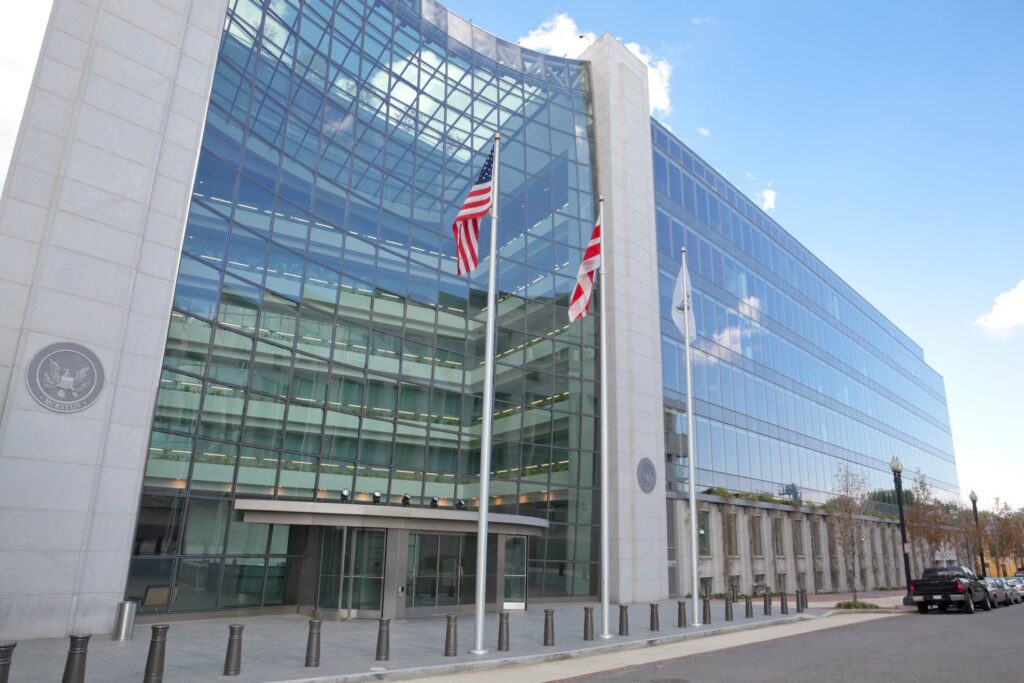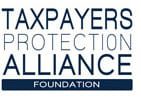What is SEC Mission Creep?
About Us
American lawmakers created the Securities and Exchange Commission (SEC) in 1929, after the Wall Street Crash, to protect investors and ensure fair securities markets. It was never intended to act as a climate regulator.
In March, however, the SEC strayed significantly from its mission by proposing a new rule that will require public companies to evaluate their direct and indirect impacts on climate and to report those findings to both shareholders and the federal government. The rule, entitled “The Enhancement and Standardization of Climate-Related Disclosures for Investors,” has been widely criticized by a number of investment and securities experts as a costly and burdensome new regulatory regime. The proposal has also been described by a group of sixteen governors as an “unprecedented level of federal overreach.”
The focus of this project – “SEC Mission Creep” – is to shine a light on the incremental, but continuous, venturing by the SEC into areas of public policy for which it has no mandate or congressional authority. In the case of new climate-related disclosure regulations, for example, the SEC is straying from its mission by inserting itself unnecessarily into matters of climate change policy.
Trillion LOST in stock value
Billion estimated COST
No mandate or congressional authority
Investors have already lost $5 trillion in stock value. Now is not the time for the SEC to create $10.2 billion in new regulatory costs by straying into an area where it has no business or mandate.
If passed, the rule would impose the following requirements on public companies:
- Report the greenhouse gas emissions from the company’s direct operations.
- Disclose the company’s greenhouse gas emissions from the use of electricity, steam, heat or cooling.
- Evaluate and report the company’s indirect greenhouse gas emissions, including those used by the company’s suppliers and in the transport of goods.

Among the many reasons this new regulatory overreach is bad policy are –
- The SEC itself admits that its proposal would more than double the cost to companies for filing already complicated disclosures, with any estimated price tag of between $420,000 and $530,000 per year on average. The cost to companies starting from scratch in reporting climate data will be even higher, especially since some climate data will have to be independently audited.
- Everyday investors, including pensioners, will ultimately bear the cost of these regulations in the form of lower dividends and returns.
- Individual investors will be faced with pages of information irrelevant to the financial performance of investments, unnecessarily complicating their investment decisions.
- Global events continue to show the need for the U.S. to lead on energy policy and to project economic strength. The SEC’s proposal risks a chilling effect on American economic activity in general, a power well beyond a financial regulator’s mandate.
At a time when investors have lost $5 trillion in stock value, now is not the time for the SEC to stray far out of its lane with a proposal estimated to cost as much as $10.2 billion. This latest overreach on climate disclosures won’t help in the fight against climate change, but will impose massive costs, complicate investing for everyday Americans, and continue the incremental mission creep of the SEC into areas where it has no business or mandate.

The Taxpayers Protection Alliance Foundation (TPAF) is a non-profit non-partisan organization dedicated to educating the public through research, investigative reporting, and analysis about the effects of excessive taxation, regulation, and spending by all levels of government.
